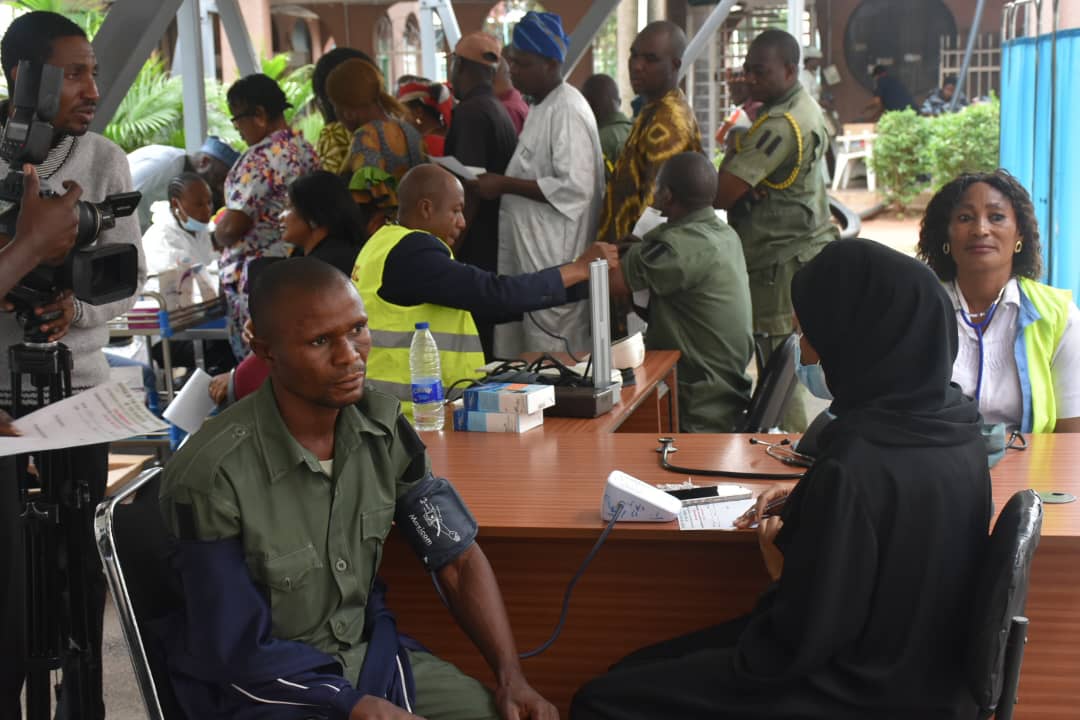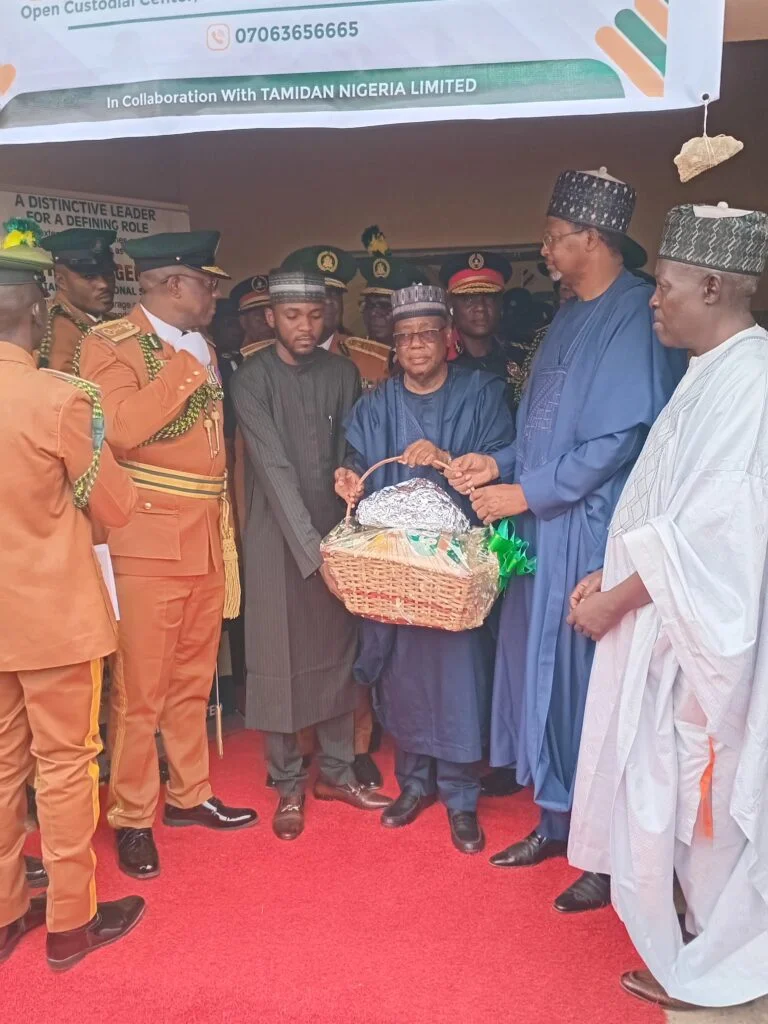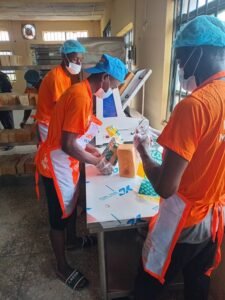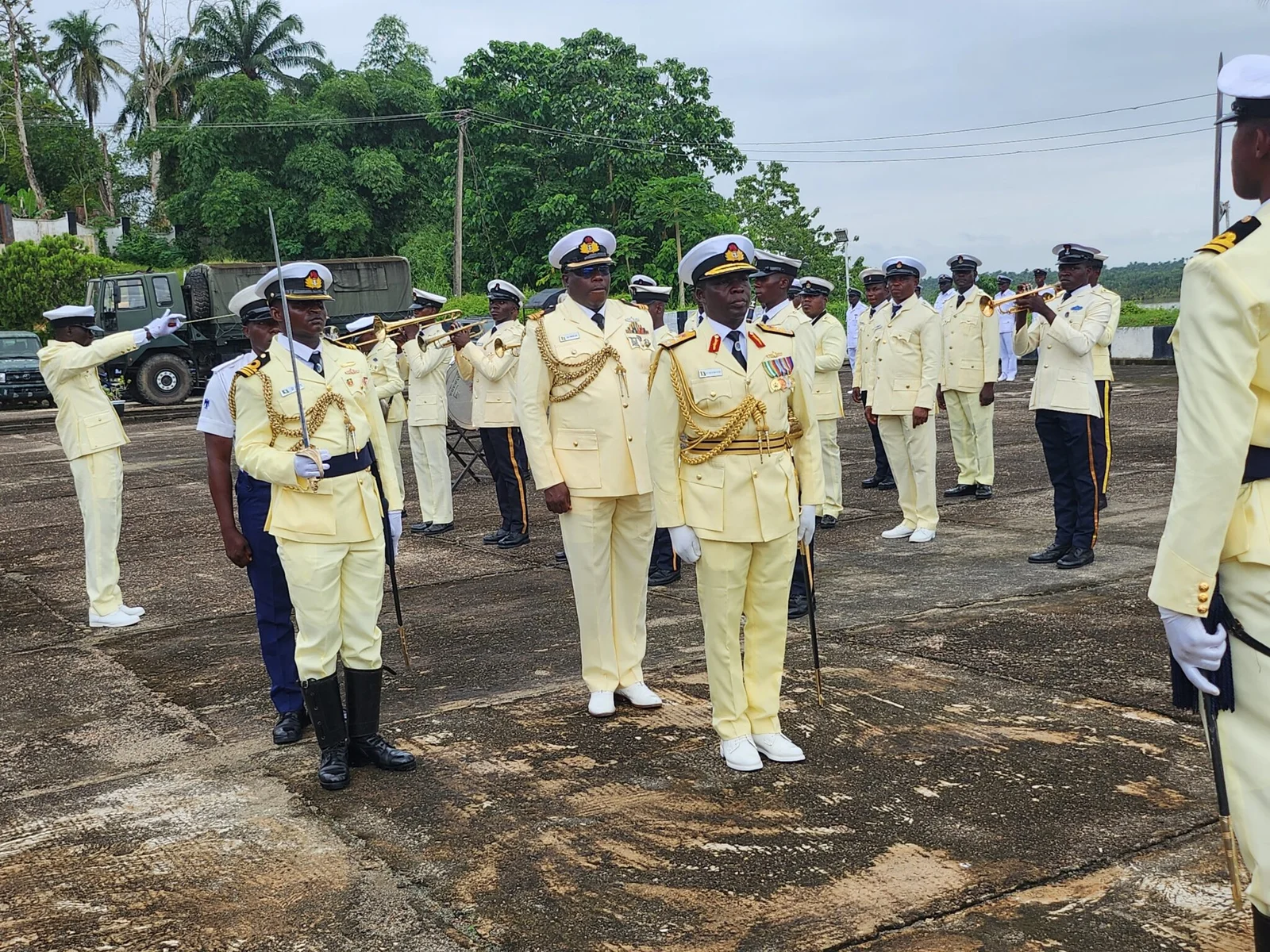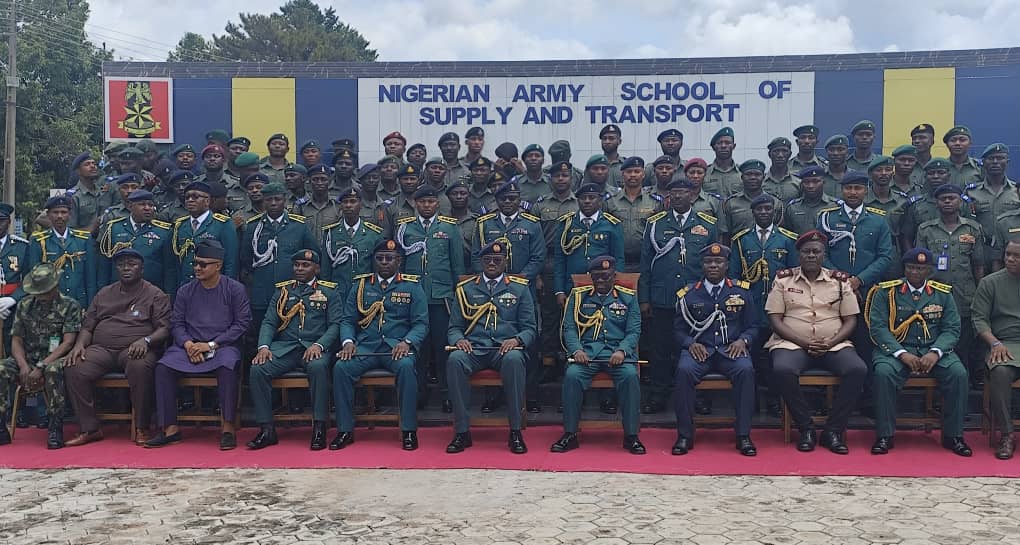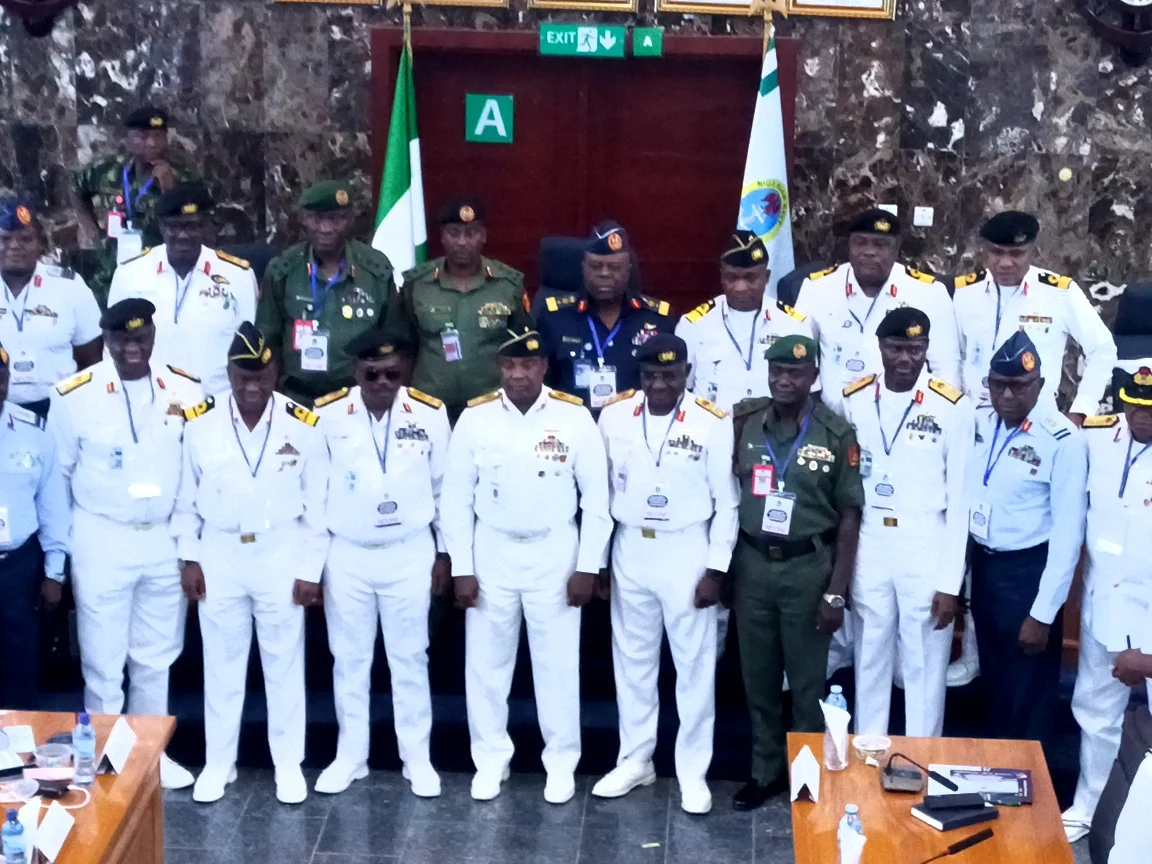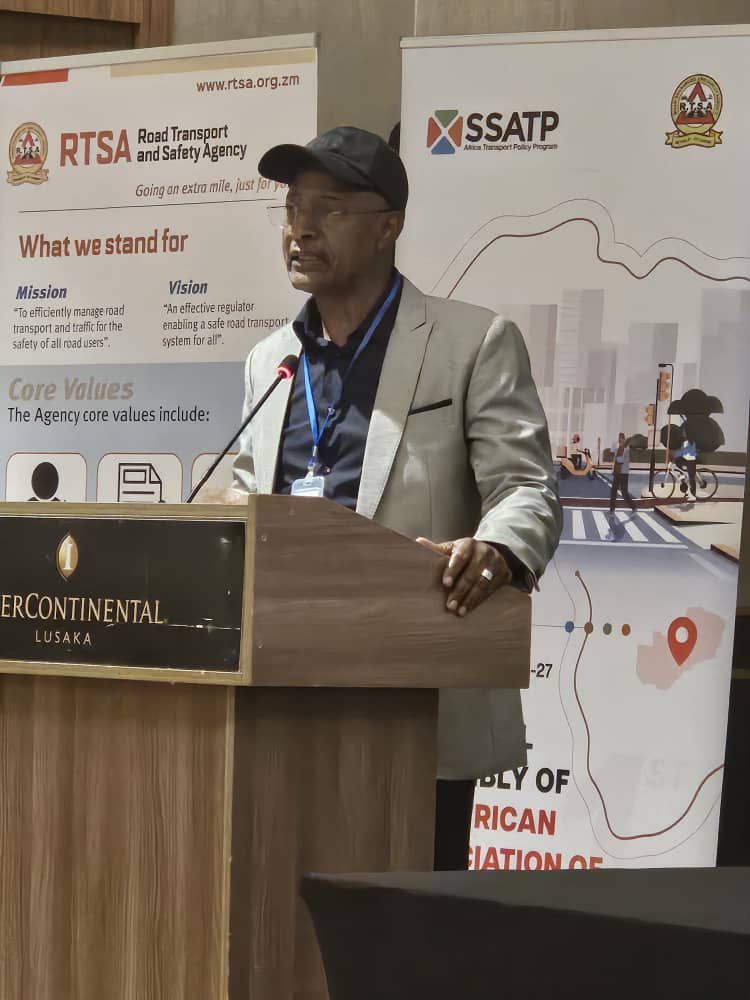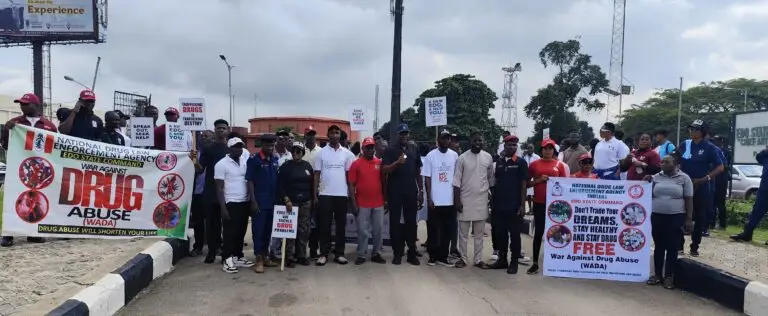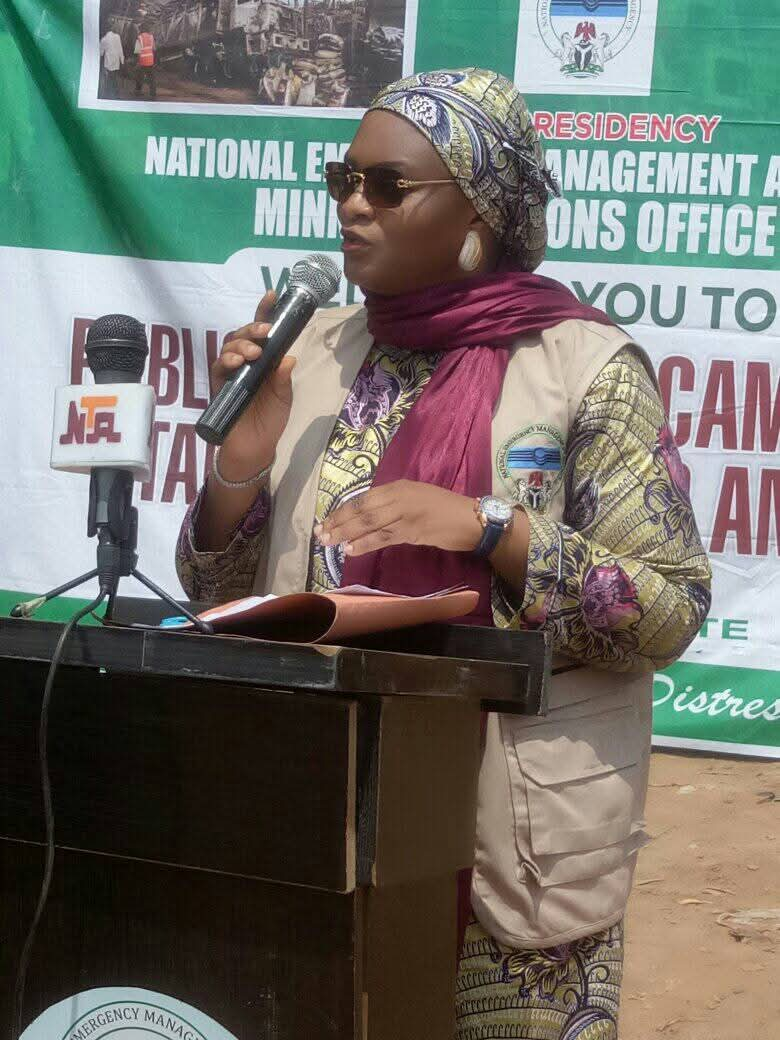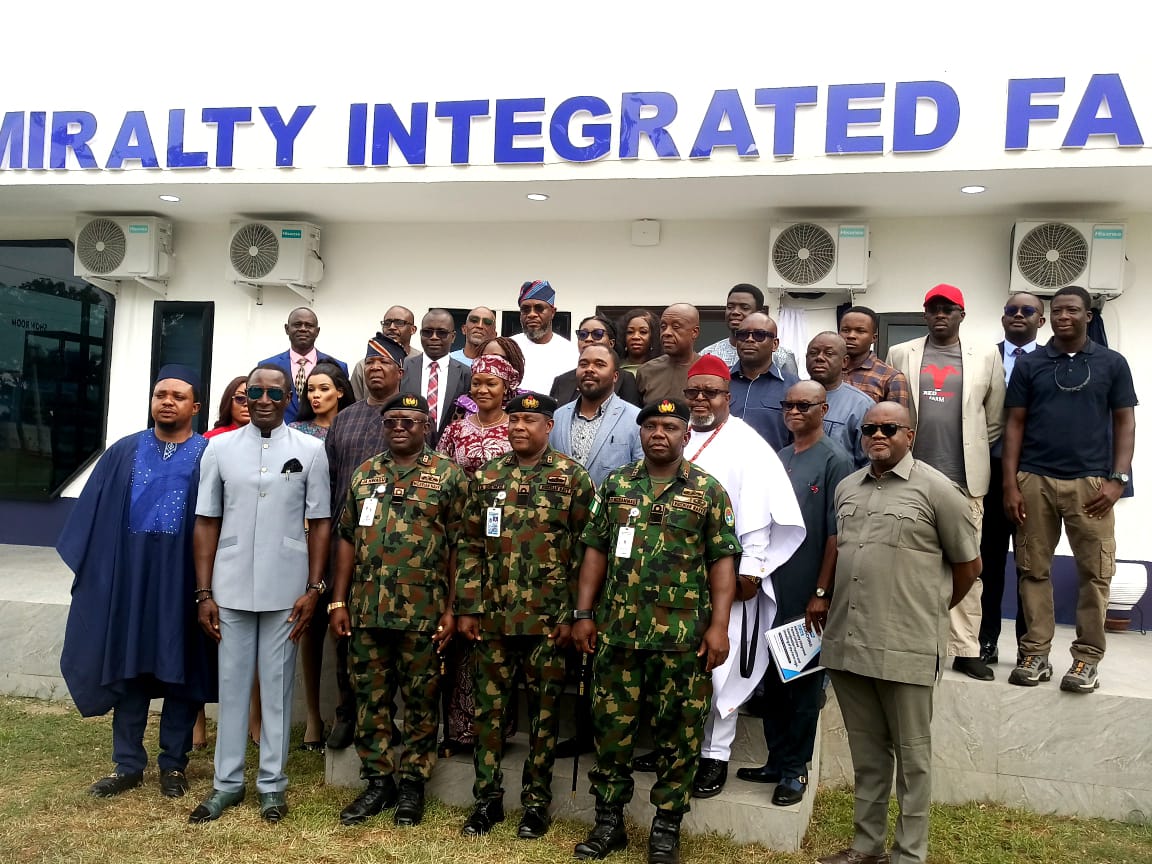Civil Service Week: HOS offers free medical check-up for workers
By Okon Okon
The Office of the Head of the Civil Service of the Federation (HCSF) has conducted free medical check-up for civil servants.
The exercise was part of activities to mark the 2025 Civil Service Week.
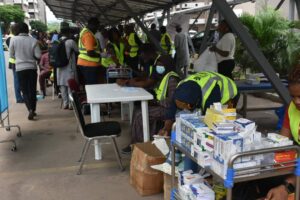 The Head of Service, Mrs Didi Walson-Jack, said that periodic medical checks were essential for civil servants considering the nature of their work.
The Head of Service, Mrs Didi Walson-Jack, said that periodic medical checks were essential for civil servants considering the nature of their work.
Walson-Jack, who was represented by Mrs Patience Oyekunle, Permanent Secretary, Service Welfare Office, said that health is wealth.
“Anyone with good health will spend less money on hospital visits and will be more productive,” she said.
She expressed satisfaction with the exercise, noting that test results were being promptly delivered and medications administered to beneficiaries.
Walson-Jack acknowledged challenges faced by some civil servants in accessing drugs and adequate treatment under the National Health Insurance Authority (NHIA) scheme.
She stressed the need for a policy review to address these issues.
“These are policy issues. We need to go back to the drawing board and come up with a revised policy framework.
“What we currently have is outdated, especially in light of rising drug prices,” she said.
A beneficiary, Mr Azeez Champion, commended the seamless coordination of the programme in spite of the large number of staff.
“I urge those still in their offices to take advantage of this opportunity. Health is wealth. We have lost many staff members due to irregular check-ups,” he said.
Another civil servant, who identified herself as Eneh Benedict, said that she came to collect her test results after being tested earlier in the week.
“I discovered my blood pressure was high and did not know until now. I have been given medication and it has already started improving,” she said.
While urging the sustainability of the initiative, Benedict thanked the Head of Service for the gesture.
Dr Longbap Dinfa, Assistant Director at the Wellness Centre, Office of the HCSF, said that the initiative was not limited to staff of the HCSF but extended to all civil servants.
He said that tests were conducted for hepatitis B and C, typhoid, malaria, blood pressure and diabetes, among others.
“We discovered several cases of undiagnosed hepatitis, peptic ulcer, and malaria-typhoid during the check-up.
“On Sunday, a woman who collapsed was promptly treated and is now stable,” he said.
Dinfa said that all cases beyond their scope were referred to the National Hospital for specialist care and advised civil servants to make regular medical check-ups a habit. (NAN)(www.nannews.ng)
Edited by Kadiri Abdulrahman




